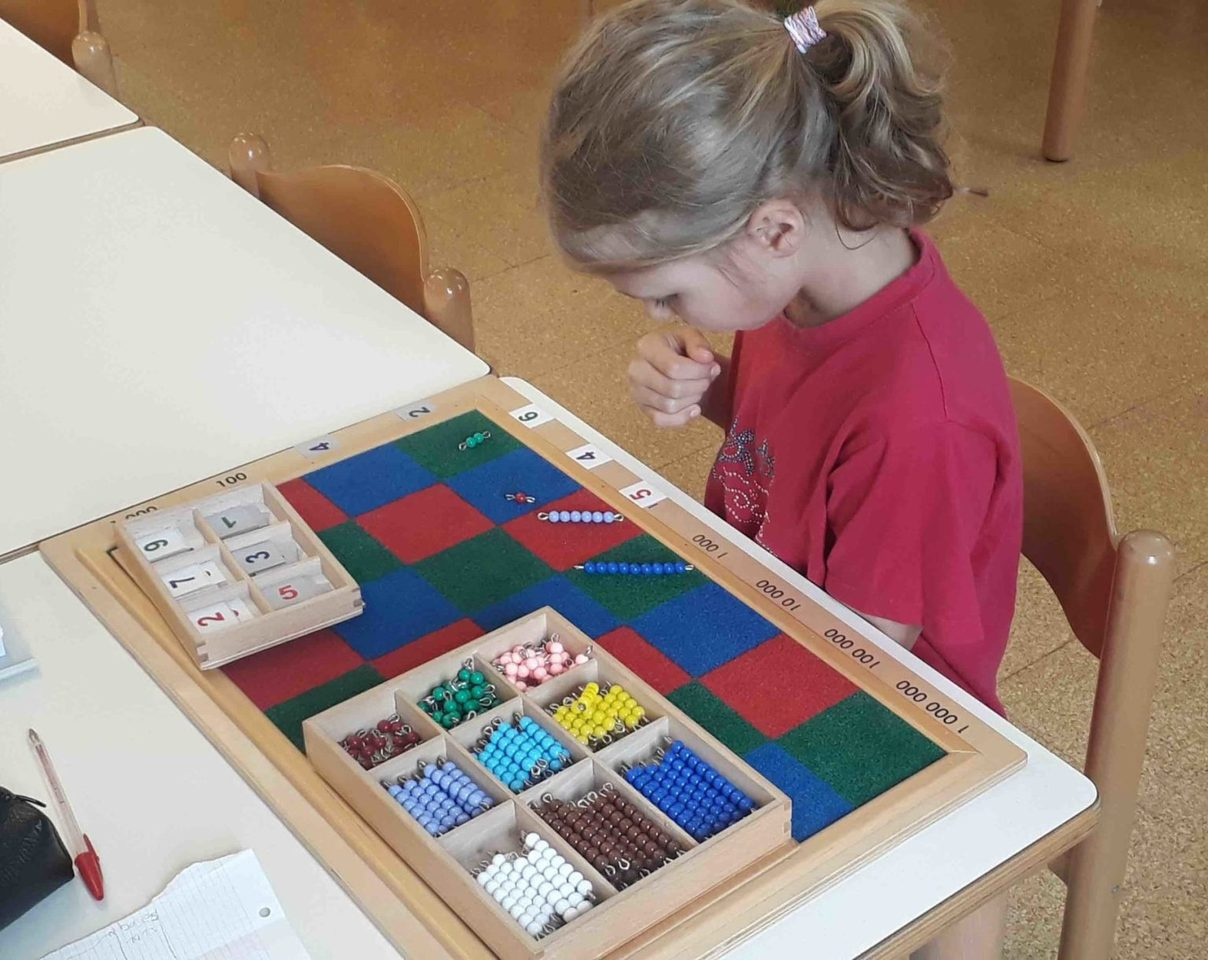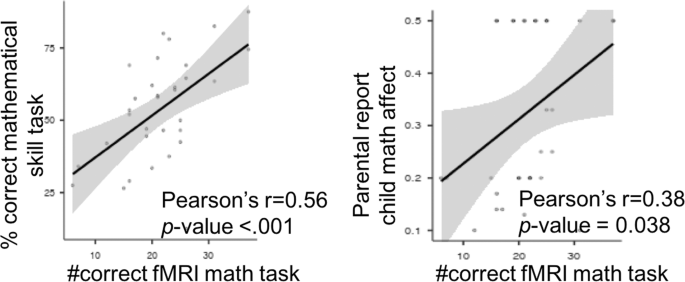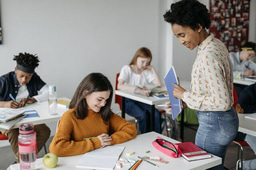Learning from our mistakes: how different pedagogies influence students' learning strategies
Published in Neuroscience

Unexpected events are part of daily life. Maybe you’ve planned a vacation in a foreign country, but the borders are closed. While it is a real bummer, you either adapt to the situation and find another way to enjoy your free time or entertain the thought of what might have been. How we face unexpected events mainly depends on our error-monitoring ability: detect a mismatch between planned and actual outcomes, integrate related information, and adapt our behavior in response (Ullsperger, Danielmeier, & Jocham, 2014). Though error-monitoring is essential for learning or adaptation and improves across schoolyears, its susceptibility to pedagogical influences has not been studied.
Pedagogical traditions differ in how students’ mistakes are perceived and used. When students learn a new topic at school, they make mistakes and don’t always come up with the correct answer. In traditional schooling environments, students are provided with feedback through grades so students can understand where they have made a mistake and avoid repeating the error in future. But alternative pedagogies, such as Montessori education, encourage students to discover new information through trial-and-error, hands-on activities, that require self-correction without grades (Marshall, 2017).
My colleagues Jean-François Knebel, Mary Helen Immordino-Yang, Patric Hagmann and I hypothesized that experiencing an alternative learning strategy might affect error-monitoring ability and found compelling behavioral evidence for it (Denervaud, Knebel, Immordino-Yang, & Hagmann, 2020), raising the question of modulation within underlying brain activity and connectivity.
We tested this hypothesis in our new study: An fMRI study of error monitoring in Montessori and traditionally-schooled children. Participants were asked to determine whether mathematical problems were right or wrong (e.g., ‘8+2=12’, ‘6+5=11’), while their brain activity patterns were recorded. The results of our study revealed that even though accuracy in math did not differ between the two groups, hidden neural processes reflected the learning environment with different learning strategies.

Learning with peers in multi-age Montessori environment ©Ecole Montessori Vevey
Our study demonstrated that Montessori-schooled students were more engaged in the math task than traditionally-schooled students, as evidenced by higher brain activity in early visual and math processing regions. In addition, functional connectivity was more robust between the anterior cingulate cortex and the hippocampus in traditionally-schooled students in correct trials. By contrast, functional connectivity was stronger between the anterior cingulate cortex and the medial prefrontal cortex in Montessori-schooled students during error trials. These findings suggest students experiencing traditional pedagogies are prone to remember correct responses, while students learning via the Montessori pedagogy are more inclined to problem-solve instead.
This research informs the emergence of mental habits that develop when facing unexpected events, such as response errors, and how school pedagogies modulate these neural responses in children. Given the importance of error-monitoring abilities for independent learning and behavior and the effect of school experience on its development, more work bridging educational practices and evidence-based approaches is highly needed.
In a global context where uncertainty predominates, we cannot expect students to rely primarily on correct responses anymore. We need to provide them with a learning environment where they can build their error-monitoring abilities not just for outcomes, but for processes, in order to foster innovation and creativity.
You can find a French presentation of the study here.
Follow the Topic
-
npj Science of Learning

An online open access peer-reviewed journal dedicated to research on all aspects of learning and memory – from the genetic, cellular and molecular basis, to understanding how children and adults learn through experience and formal educational practices.
Your space to connect: The Psychedelics Hub
A new Communities’ space to connect, collaborate, and explore research on Psychotherapy, Clinical Psychology, and Neuroscience!
Continue reading announcementRelated Collections
With Collections, you can get published faster and increase your visibility.
Effects of lifestyle behaviours on learning and neuroplasticity
Publishing Model: Open Access
Deadline: Mar 09, 2026
Reimagining Teaching and Learning in the Age of Generative AI Agents
Publishing Model: Open Access
Deadline: Jul 13, 2026


Please sign in or register for FREE
If you are a registered user on Research Communities by Springer Nature, please sign in